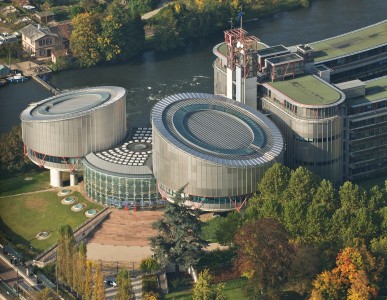What Is the Strasbourg Consortium?

The Strasbourg Consortium is an association of academic institutions with interest in freedom of religion or belief (FORB), who recognized a need for an electronic forum, possibly stimulated from time to time by relevant academic conferences, to encourage in-depth discussion of issues pending before the European Court of Human Rights and other international institutions. This need became more apparent in 2005, when the Grand Chamber of the European Court of Human Rights considered and decided the case of Leyla Şahin v. Turkey, the so-called “headscarf case.” This consortium of academic institutions determined that it was necessary to create a forum where high-level academic analysis could be made available on an expedited electronic basis to enrich the materials that the European Court of Human Rights and other international tribunals can draw on when addressing issues of freedom of religion or belief. In July of that year, the Consortium met for the first time in Strasbourg, France, to present academic analysis on the issues of freedom of religion or belief implicated by the Şahin case. The resulting wealth of analysis, discussion, and recommendations were then published on the Internet.
Since that time, the Consortium has worked to improve the website infrastructure, making this a more accessible and dynamic forum for discussing current issues in the freedom of religion or belief field, and to incorporate new and emerging technologies, enabling high-level discussion and analysis of current, relevant issues before the courts. Because there is a particularly large number of very important issues that are currently pending before courts across the world, decisions made now will shape basic contours of freedom of religion or belief for years to come. Therefore, discussion, analysis, and reasoned debate on these issues are particularly critical. While staying continually up-to-date on all issues before several key courts is often difficult, the Strasbourg Consortium remains committed to providing an electronic means of academic and other high-level discussion of the most current relevant issues in freedom of religion and belief confronting courts today.
– David M. Kirkham, 2010